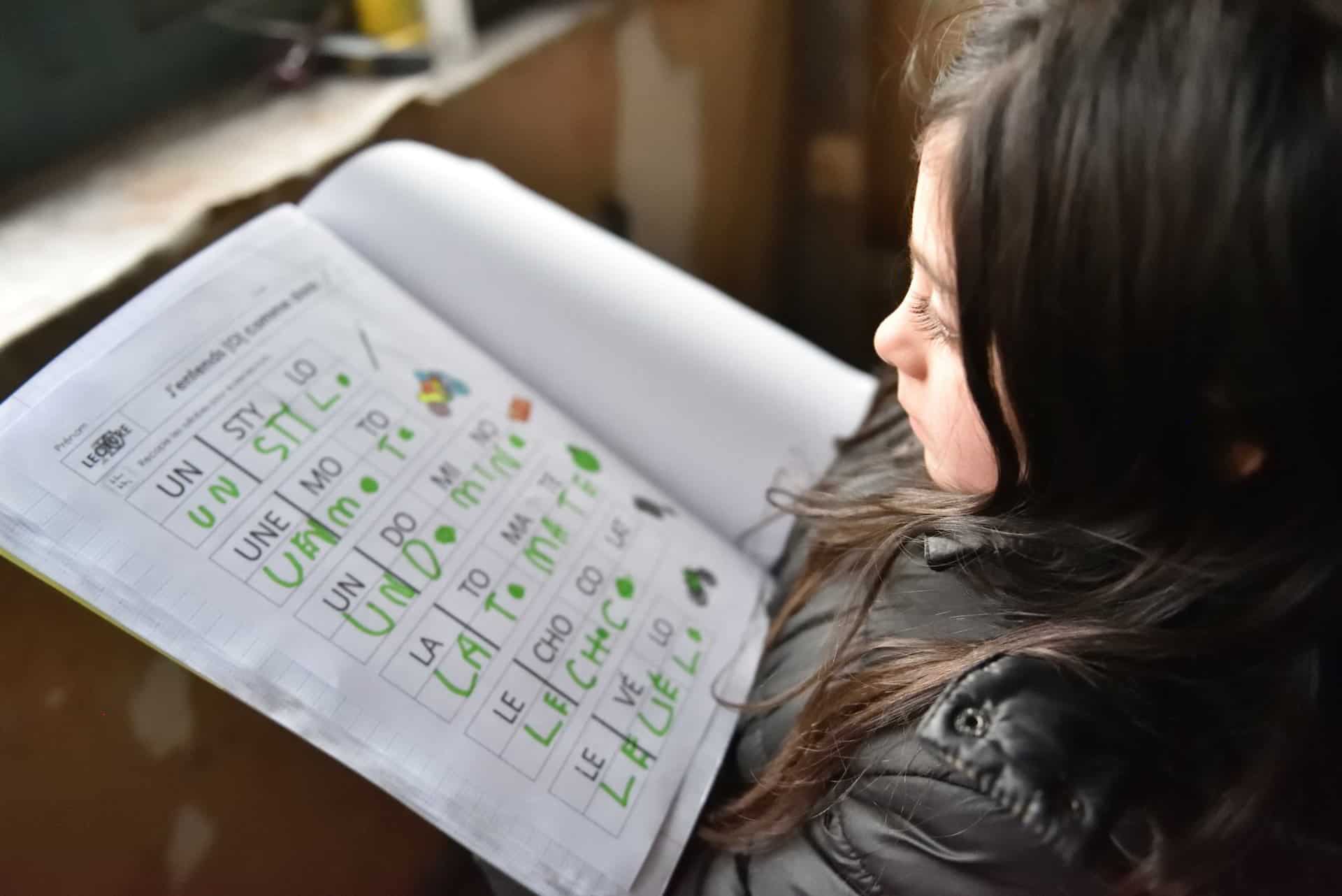Photo credits: Aide et Action
Migrant workers, back in their villages of origin, are facing discrimination from members of their own community due to fears related to the pandemic. Find out how Aide et Action's network of volunteers is working hard to help communities overcome their concerns about COVID-19 and promote inclusion.
The outbreak of the Coronavirus pandemic, followed by a national containment, caused widespread concern and fear among vulnerable migrant workers and their families, including children. This led to a massive reverse migration where thousands of families returned to their villages of origin, under the most difficult circumstances. But the plight of the migrant workers was further exacerbated on arrival, when they faced discrimination and ostracisation by villagers who suspected them of being potential carriers of the disease.
A great opportunity to help each other
To put an end to this situation, Aide et Action has created a network of community volunteers covering 190 villages in the districts of Balangir, Bargarh and Nuapada in Odisha. " When I was asked to volunteer to help my fellow villagers with information about COVID-19, I quickly agreed. I thought it was a good opportunity for me to do something productive during the containment period "says Kabita Patel, a 19-year-old volunteer.
Currently, the network has 500 volunteers. All have received training on their basic roles during and after the confinement via teleconferences. They have been sensitised to the specific messages developed by the government, to the norms of social distancing, and to the identification of the problems faced by both the migrant worker families left behind and by the inhabitants of the targeted villages. The network has also been active in identifying and assisting 10,000 migrant workers stranded in other states and helping them register on the Odisha government portal for safe repatriation.
Ensuring peace and inclusion
Given the increased risks to children during the crisis, volunteers are required to remain vigilant about child protection. They focus on identifying children most at risk of violence and sexual abuse, particularly girls. They also focus on addressing child labour issues due to loss of household income and the danger of early marriage.
In addition, as conflicts and stigma associated with the Coronavirus create tensions among villagers, the volunteer network has set up peace committees for instant conflict resolution. There are several cases where the peace committees have successfully intervened and resolved community problems. " We faced significant challenges in the face of growing rivalry between villagers, but we were able to solve many problems and promote inclusion among community memberssays Prahllad Padhan, a volunteer in Balangir. For example, we intervened to convince aWe have been able to get a migrant worker to submit to institutional quarantine and thus end the social boycott of her village.
So far, the network has been able to link 2,500 migrant workers with the rural wage employment programme, 6 700 households with the public distribution system, 4,960 children with the lunch program and 5 200 children with the Integrated Child Development Programme.






